By 2030 almost 1 in 5 Americans will be 65 years of age or older. The aging of the baby boomer generation has increased the stress on health care systems and long-term facilities and will continue to do so, increasing and becoming an even greater financial burden for families as well as governments and insurance companies. There is a growing need for alternative care for patients whose bodies are beginning to atrophy and fail from non-use. Compounding factors are weight increases from decreased physical activity and loss of muscle mass and flexibility which can be painful for the aging and add an extra burden for their caregivers.
The use of massage in nursing practice has declined through the years in favor of high-tech interventions. Alternative methods for pain reduction, sleep enhancement/insomnia, and patient comfort, in general, are being taught in educational programs. Integrative healthcare and complementary alternative medicine (CAM) assist in eliminating the overuse of pharmacological and high-tech interventions when caring for patients confined to wheelchairs and/or beds.
For many aging people, the loss of physical touch causes them to feel abandoned and depressed. Many have lost their spouses, friends, and family, and are suffering in silence from a lack of physicality with another human being. The human touch is therapeutic and assists in the healing process. Many gerontologists support the usefulness of massage therapy for the reduction of pain, anxiety, and depression in agitated elderly resulting from a lack of human touch. The loss of quality physical touch becomes just as debilitating as the illness or the aging effects from which they are suffering.
Massage therapy is a holistic non-medicinal alternative that is gaining legitimacy in the clinical world. There is a growing interest in developing massage classes for nurses and family caregivers who could learn light-touch massage and apply their skills to their patients, and aging family members, to assist in their quality of life. Applying massage therapy for reduction in symptoms of anxiety, depression, constipation, back pain, neck strain, insomnia, and general muscle relaxation can help improve quality of life and lessen their need for pharmacological intervention. Massage therapy is relatively easy to use and causes very few adverse reactions. Complementary holistic therapies are being recognized as an alternative to reducing the effects of aging.
Utilizing massage works for specific symptoms and for aging people, who are suffering from chronic sleep deprivation. Massage techniques are used for relaxation and stress reduction. Getting a better night’s sleep generally increases the quality of life for those suffering from insomnia. This also applies to people of all ages. Massage therapy enhances relaxation and melatonin release by improving the body’s normal blood flow and distribution of oxygen to muscle and tissue, therefore, allowing the normal relaxation process and sleep patterns to return.
Holistic healing methodologies are gaining interest with caregivers making it possible for them to connect on a deeper level. Research determined this education resulted in caregivers feeling a closer connection with the aging patient and a greater sense of appreciation for them. The patient also felt that they were allowed to get to know the caregiver and feel less pain and anxiety in general after receiving massage and human touch therapy from them. For the aging, this allows a social outlet that might not be available to them in their daily living environment. Elderly persons are prone to suffer from depression and anxiety caused by a lack of socialization and human contact, which includes human touch. By incorporating human touch/massage therapy in the regimen of care along with counseling sessions with a licensed clinical professional, a well-rounded regimen of care can benefit an aging person and enhance their quality of life.
Massage techniques for pain reduction and relaxation have been practiced for hundreds of years. Techniques such as Swedish hand massage, meridian foot massage, and full body massage are holistic alternatives to taking painkillers which may be addictive in nature. Alternate therapies such as Reiki, hands-on-healing, and acupuncture/acupressure are also considered useful tools to improve the quality of life for those who suffer from painful, sedentary, lives as many aging people do. The use of massage taught to healthcare professionals and caregivers is an inexpensive alternative and intergenerational relationship-building tool which could be utilized to accomplish enhanced mental health and quality of life for the aging population.


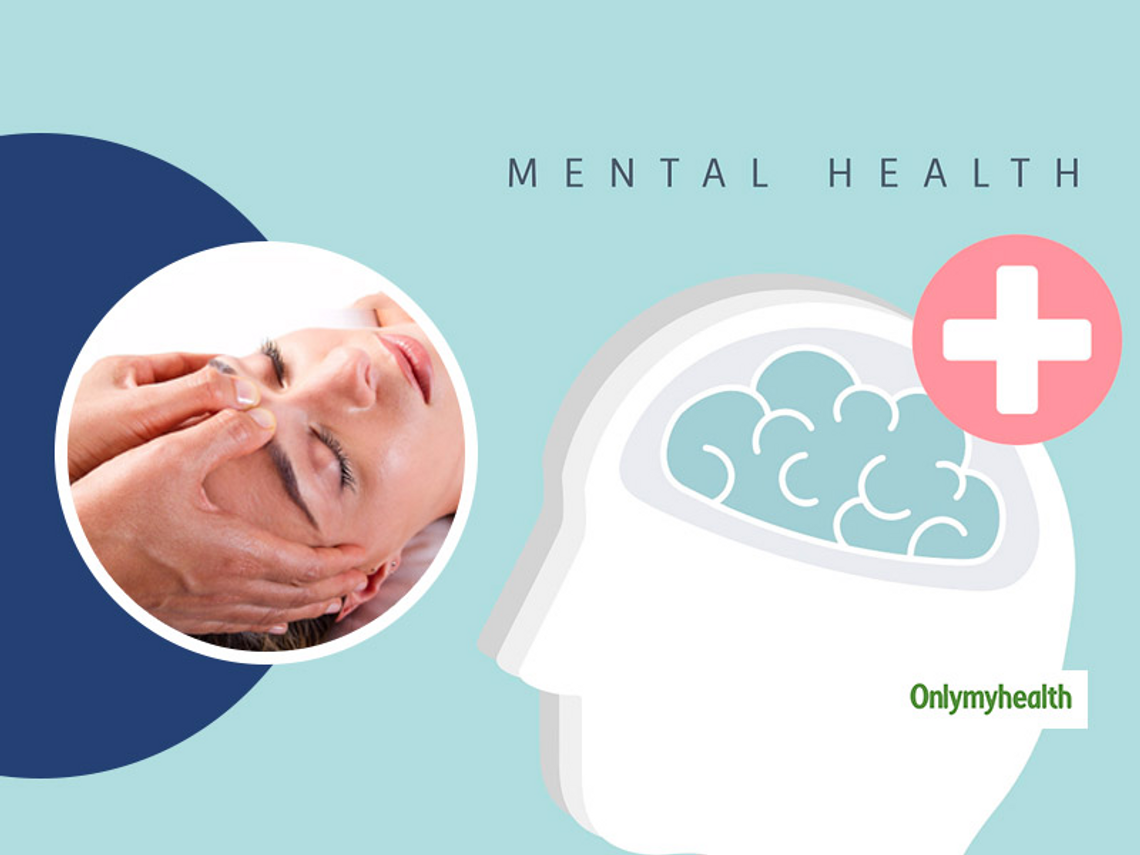

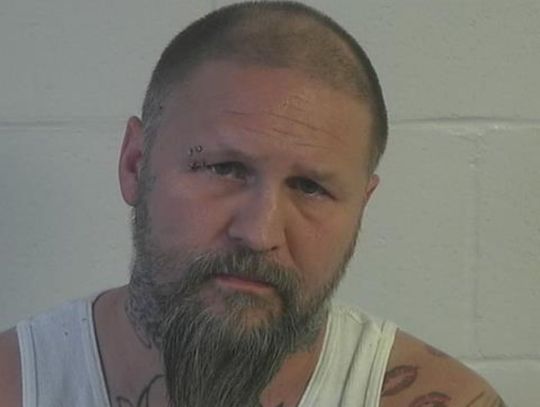
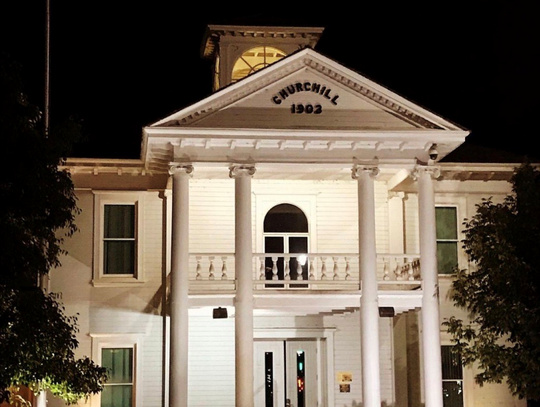
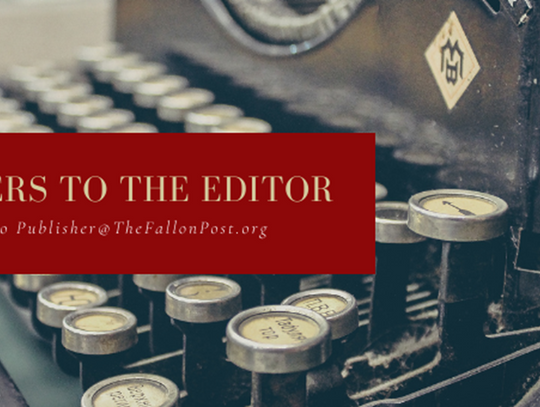
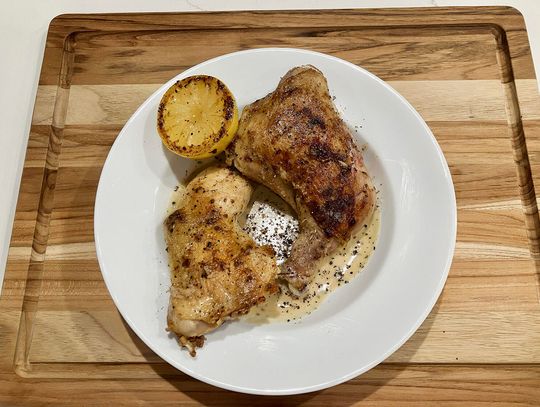


Comment
Comments